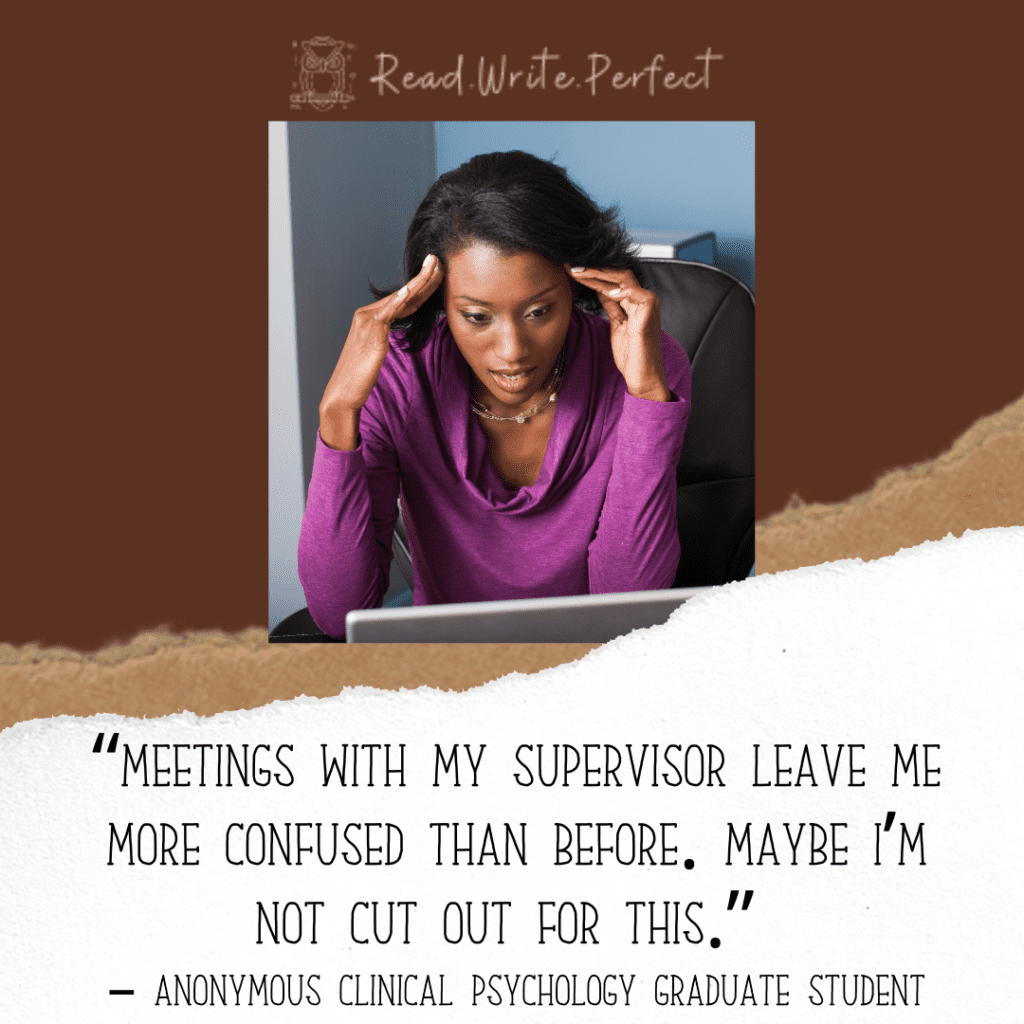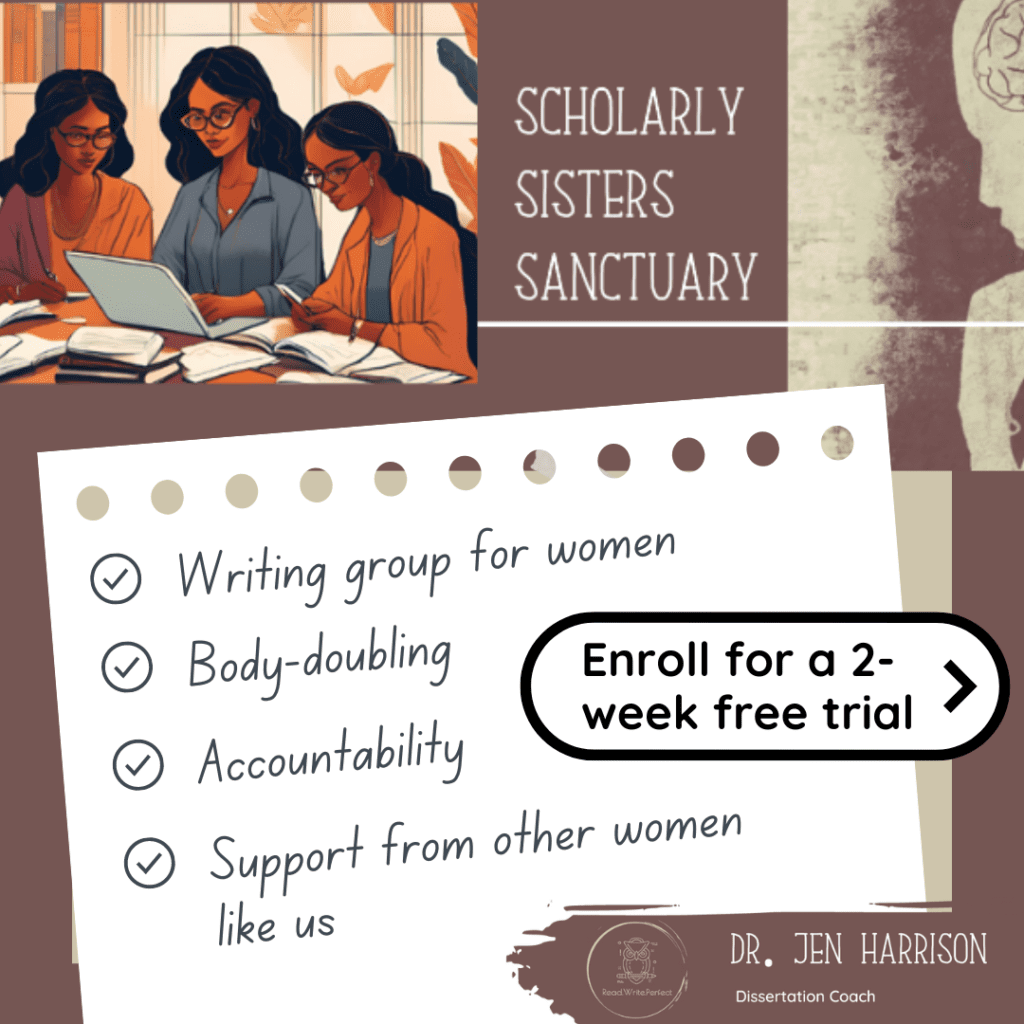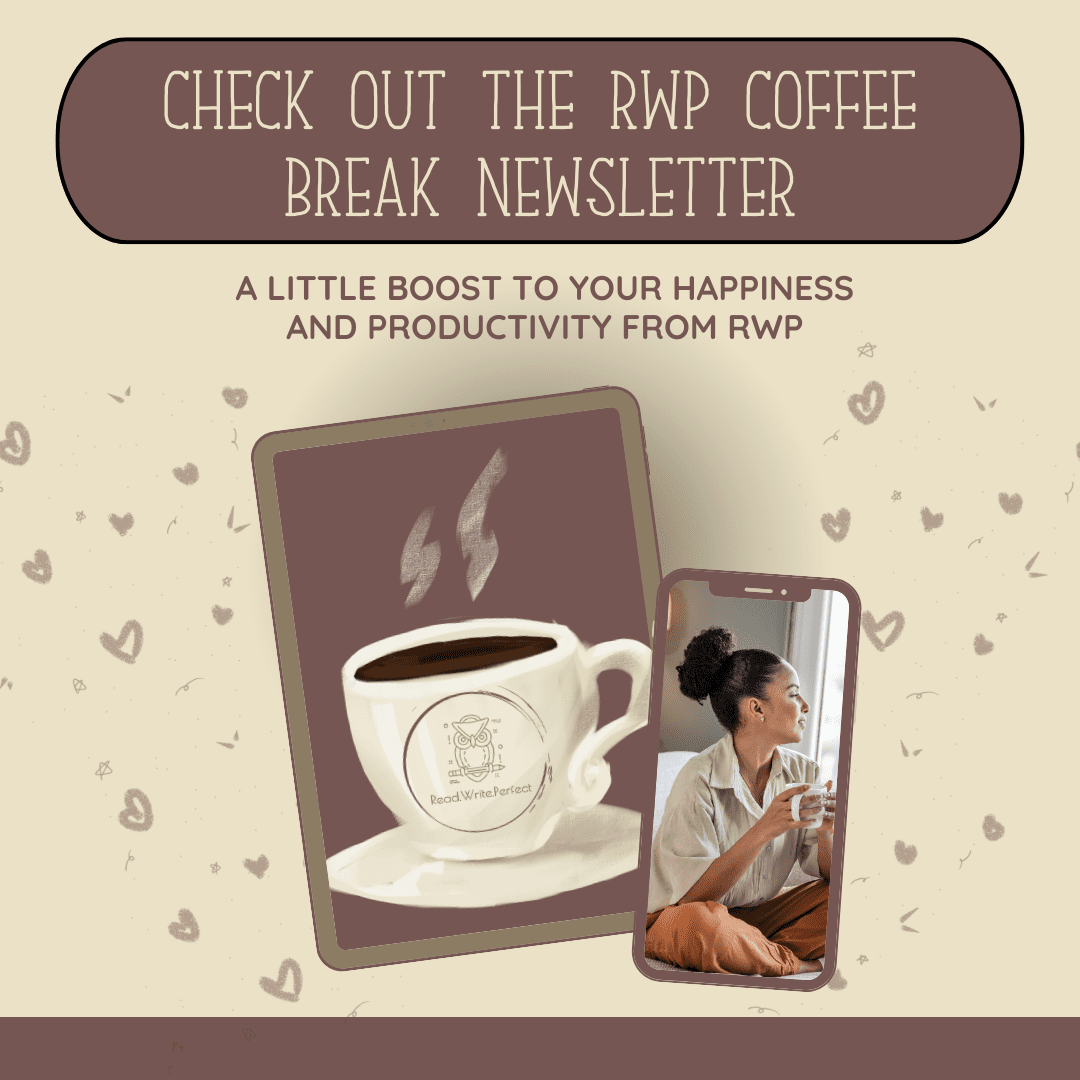
If the complaints above do sound familiar, you are not alone. In fact, every single one of my coaching students has brought up at least one of them – and a quick search on Twitter will show you that hundreds more students are experiencing the same.
If you think that is bad, here’s worse:
I wish I could say these stories are made up, but they are all true stories shared with me by my students over the past months.
Of course, not all supervisors behave like this. Many students have phenomenal supervisors – my own PhD supervisor was a rock star and has remained an inspiration my whole career. Yet sadly, stories like the above are not just more numerous than the happy-ending supervisor stories – they actually seem to be the norm. So, what is going on?
There are many reasons why so many students experience poor supervisor standards while others have a great experience. Here are a few things to remember.
Offering constructive feedback, explaining things clearly, making sure instructions and standards are consistent – these are all specific pedagogical skills that have to be learned and practiced.
K-12 teachers go through years of training in these areas before being permitted to teach in classrooms, but the route through academia to a graduate supervisor position rarely involves this type of training.
So, when your supervisor returns your draft with only three cryptic comments about expectations you can’t find anywhere in the rubric, they may not have any idea that their feedback is not helpful.
Especially in the wake of the COVID 19 pandemic, more and more academics are suffering from burnout. Research conducted by The Chronicle of Higher Education in 2020 found that 70% of academics were suffering from stress, fatigue, and increased workload.
According to Nature, the rise in burnout is a result of high workloads, lowered pay, and less job security, themselves resulting from pressure from HE administrations trying to cope with repeated closures, falling enrollment, and retention issues.
So, when your supervisor takes three weeks to get back to you with feedback, it might be because they’re lazy and don’t consider you to be a high priority. But it might also be because they’ve spent three weeks working until 2am every day to prepare a justification for why they should still have a job next semester. You, unfortunately, have no way of knowing.
As opinion pieces across HE media have emphasized, academic culture can be – and often is – toxic, with an emphasis on competition and privilege. For example, a 2019 article in the Times Higher Education points to the devaluation of colleagues’ and students’ work to preserve positions of power, privilege, and seniority as a norm.
Because the infrastructure and culture of academia makes it easy for individuals to get away with low standards, harassment, poor teaching methods, and intimidation, there are individuals in supervisor positions who neither value the work of future scholars nor know how to effectively support it.
Let’s start by confirming that poor standards should be neither the expectation nor the norm. If you are experiencing the sorts of issues described above, it’s important to understand that this is neither right nor acceptable.
Unfortunately, many students do not know what a supervisor’s role should be, nor what is normal behavior for a supervisor. This makes it difficult to know whether the supervision you are receiving is “normal.”
Your role as a student is to become an expert in your field of research, to learn how research
process work and become proficient in them, and to transition from guided to independent work.
Your supervisor’s role is to facilitate you in your role, by providing you with clear instructions, offering advice, teaching you research processes and techniques, and providing constructive feedback on your work.
Here are some basic expectations EVERY graduate student supervisor should be meeting:
You are neither a subordinate nor a nuisance – you are a student. You are not “wasting” your supervisor’s time by asking to meet often and check in. Your supervisor agreed to supervise you (and many receive a stipend for doing so), and that means they agreed to commit time and energy to you. You have a right to that time and energy.
It is your supervisor’s job to understand the program requirements, the field standards, and their own expectations. They should present these clearly in writing to you, answer any questions you have about them, and work with you on any elements you don’t understand.
Feedback that does not tell you where your work needs improvement to meet expected standards is neither helpful nor constructive. Your supervisor’s feedback should focus on research design, gaps or flaws in your argument, adherence to program requirements, and other high-level issues. The
feedback should not only point out the problem but also guide you on how to fix it.
Your time is as valuable as your supervisor’s – especially if you are paying per semester. You should not be expected to rush your research to accommodate the convenience of the supervisor or program. Nor should you be forced to prolong your studies to accommodate supervisor delays. Timeline expectations should be reciprocal – you should be given a reasonable amount of time in which to complete work to a high standard, and your supervisor should be given a reasonable amount of time in which to review work and offer constructive feedback. No more and no less.
You are a student, so it is important to remember that you do not – and should not be expected to –
know everything. High-level research skills are not taught in school or at the undergraduate level, so it is not reasonable for your supervisor to expect you to already know how to code data or present analytics. When you ask for help, it should be given, in the form of individual instruction, guidance about resources, and tutorials.

I am going to repeat that last point because it is really REALLY important.
You are a student, so it is important to remember that you do not – and should not be expected to – know everything.
If you don’t know how to do something, don’t know how to fix a problem with your work, or don’t know what to do next – THE PROBLEM IS NOT YOU. You are there to learn, so when you get stuck, your supervisor’s job is not to cast blame but to give you the tools you need to move forward.
Why do students put up with poor standards? I have heard a number of reasons from students, all of them valid.
Unfortunately, these reasons are all too true and valid – it is very difficult for a student to successfully “reform” a poor-performing supervisor. However, there are things you can do to make your life easier now and perhaps make things easier for the students who follow in your footsteps.
Let’s finish up by working on that last point: tips for helping your supervisor help you. Here are a few things you can do to make life a bit easier and the supervisor relationship a bit smoother.
These tips will help a little bit, but at the end of the day, there will be times and circumstances where they are not enough, and you have to make some hard choices about your supervisory relationship. As a final word, remember that there are resources and people who can help – from coaches like me to non-profit legal advice and support organizations. Do what is right for you – but above all, remember to have faith in yourself and your work.
Do you have a supervisor story (good or bad) to share, or tips for working through problems? Share in the comments below!
